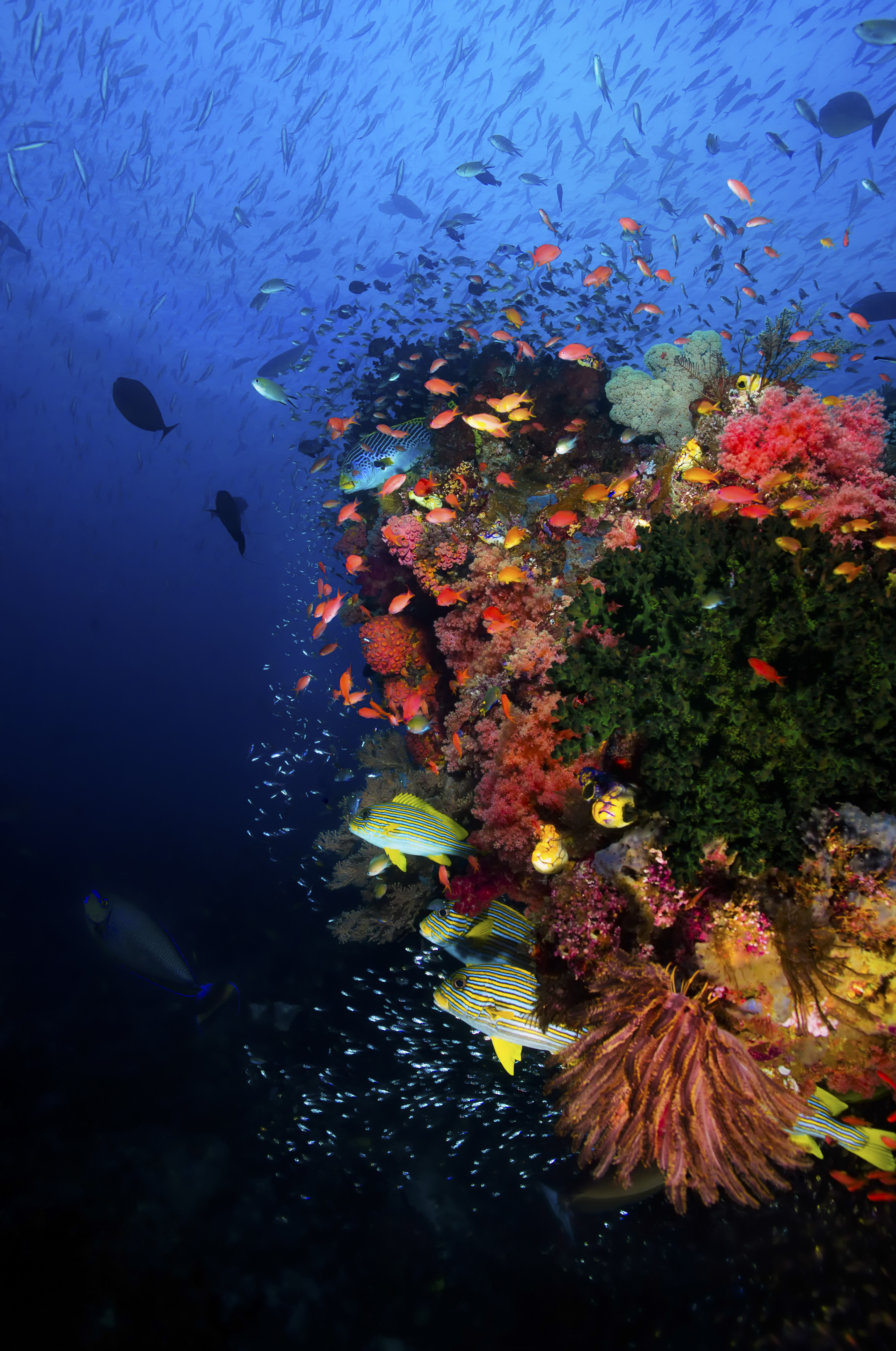Diagnostics
The Diagnostic team provide a service for the detection and identification of aquatic animal disease for the Fish Health Inspectorate (FHI), UK Commercial/overseas contracts, the Cefas experimental facility, and the WOAH collaborating centre of emerging aquatic animal diseases. We are experts in virological and molecular diagnostic methods, and tissue culture techniques. We work closely within our team, and across teams/groups in Cefas, including, but not limited to, Pathology, Bacteriology, FHI, Policy Advice and Enforcement, and the Aquatic Trade and Technical Advice teams.
Our diagnostic methods for UK notifiable diseases of aquatic animals are rigorously tested through participation in interlaboratory proficiency tests (PT). PTs are provided by the EURL for Fish and Crustacean Diseases, the EURL for mollusc diseases, and VETQAS (APHA).
In addition to statutory testing and aquatic animal disease diagnosis, we lead and support research and commercial contracts in the development and application of virology and molecular biology tools for listed and emerging aquatic animal pathogens.
Tissue Culture
The tissue culture laboratory is accredited to ISO 17025 for cell culture and media production. The laboratory is managed by our main Tissue Culturist and 3 team members are trained in tissue culture techniques to provide a continuous service.
Quality control of our cell lines and media are rigorously managed to ensure cell quality and viral susceptibility. Susceptibility tests applied will depend on the cell line, but ISAV, EHNV, VHSV, IHNV, SVCV, IPNV, PFRV, and TeRV are all applied. Cell lines are also routinely screened for mycoplasma to ensure cell line performance is not impaired by undetected contamination.
Our continuous cells lines and media are prepared routinely for the diagnostic team and research virology, furthermore primary cell lines have been generated where continuous cell lines are not available.
Molecular
The molecular laboratory consists of 5 team members, a Principle Molecular Virologist and 4 molecular biologists. The molecular laboratory is accredited to ISO 17025 for SVCV, IHNV, VHSV, WSSV, TSV, YHV, and KHV testing. In addition to the accredited tests, we diagnose a wide range of fish, crustacean, and mollusc pathogens, and verify species identity.
Pathogen detection and identification tests are predominantly as recommended by the OIE manual for aquatic animals, but we also develop assays within the team for detection or confirmation of emerging and novel aquatic animal pathogens.
The Laboratory has a large molecular suite for automated nucleic acid extraction, nucleic acid amplification, sanger sequencing, next generation sequencing (MiSeq), long read sequencing (MinION), and in-situ mybridisation (ISH).
Diagnostic virology
The diagnostic virology laboratory consists of the Diagnostic Virology Lead and 3 staff trained in virology techniques to provide a continuous service. The diagnostic virology laboratory is accredited to ISO 17025 for SVCV, IHNV, VHSV, ISA, and EHNV screening.
The laboratory has the fundamental role in the isolation and initial diagnosis of notifiable, non-notifiable and emerging viral fish disease. The laboratory isolates, then confirms infections by ELISA or IFAT, working closely with histology to obtain Transmission Electron Microscope (TEM) images of emerging or novel pathogens.
Furthermore, diagnostic virology manages a large viral accession collection generated from isolated viral infections, the collection is available for use in virology and molecular research projects.

Melanie Schofield

